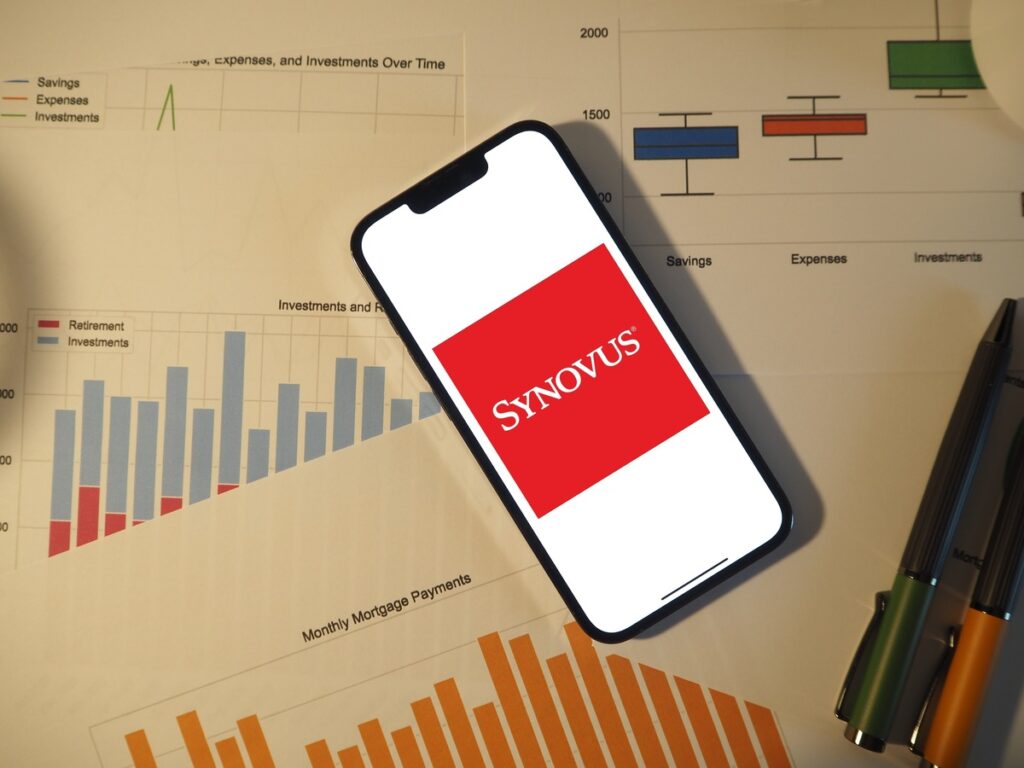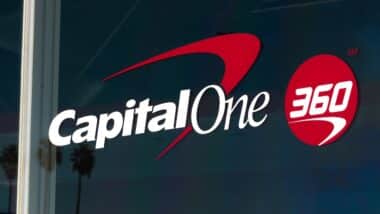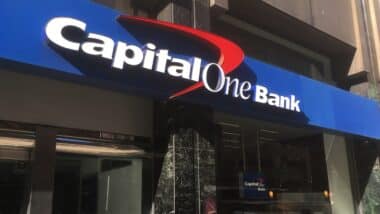
Synovus Bank lawsuit and NSF fee investigation overview:
- Who: Kim Liford, an Ex-Synovus Bank employee, filed a lawsuit against the bank claiming she was wrongfully terminated.
- Why: Synovus Bank is one of several institutions involved in a Top Class Actions investigation into whether they charged improper non-sufficient fund fees.
- Where: The lawsuit was filed in Georgia federal court.
- How to get help: Those whose bank charged them improper NSFs fees may qualify to join a free NSF fee class action lawsuit investigation.
Synovus Bank terminated a former employee after she requested accommodation for her vision and migraine problems and requested to take leave for a second time to resolve the problem, a new lawsuit alleges.
Plaintiff Kim Liford claims Synovus Bank fired her in November 2023 after she informed the bank she would once again need to take leave entitled to her by the Family and Medical Leave Act to receive eye treatment.
Liford, 63, says Synovus told her it was letting her go as part of a reduction in force due to an alleged lack of production, something she claims could not have been a legitimate reason for her termination.
“The record is clear that plaintiff was demoted and terminated not for production but as retaliation for her (Americans with Disabilities Act) condition, FMLA leave, interference with future FMLA leave and age,” the Synovus Bank lawsuit claims.
The lawsuit further alleges that, prior to Liford’s leave, Synovus Bank denied her request to dim the lights in her cubicle and use a computer screen protector.
Synovus Bank NSF fees investigation to determine whether bank improperly charged them
The Synovus Bank lawsuit comes as the bank is involved in a Top Class Actions’ class action lawsuit investigation involving improper non-sufficient fund fees, although there is no evidence the bank has done anything wrong.
The Synovus Bank NSF fees class action lawsuit investigation looks into NSF fees and whether Synovus Bank and numerous others improperly charged them. Many consumers are unaware it is unlawful for a bank to charge more than one NSF fee for a single failed transaction.
A financial institution may charge an NSF fee when a customer initiates a transaction larger than the amount of money they have in their account, according to the Synovus Bank NSF fees investigation.
Synovus Bank currently charges a $36 fee for each overdrawn transaction, including for those involving checks, ACH, ATM and debit card transactions. Many large banks stopped charging NSF fees in 2022.
The bank previously agreed to pay $4 million in 2014 to put an end to claims it processed daily transaction fees from highest to lowest amount to increase the chance customers would incur overdraft fees and be billed more often than they might normally have been otherwise.
Have you been charged an improper NSF fee by your bank? You may qualify to join a free NSF fee class action lawsuit investigation.
The plaintiff is represented by Christopher B. Hall and Ricardo Gilb of Hall & Lampros, LLP.
The Synovus Bank lawsuit is Liford v. Synovus Bank, Case No. 1:24-cv-03959, in the U.S. District Court for the Northern District of Georgia.
Don’t Miss Out!
Check out our list of Class Action Lawsuits and Class Action Settlements you may qualify to join!
Read About More Class Action Lawsuits & Class Action Settlements:
- Associated Bank renews partnership with Green Bay Packers amid TCA NSF fees investigation
- Bank of America class action alleges bank made misleading statements about Merrill Lynch cash sweep program
- AmEx class action claims co. prevents businesses from encouraging other card use
- Wells Fargo, arbitration association collude on unfair process, class action claims















3 thoughts onSynovus Bank faces lawsuit, NSF fee investigation
Add me
Add me
Add me